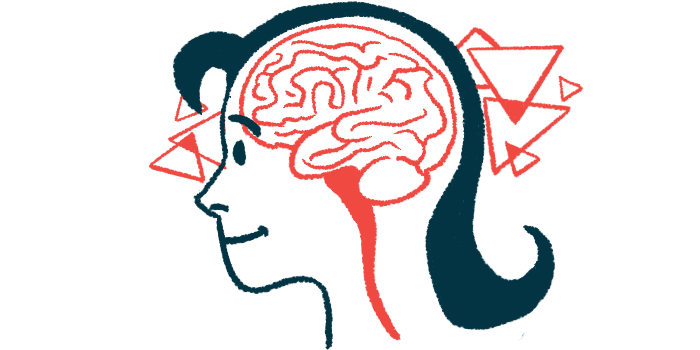Low Calcium Found to Affect Certain Cognitive Functions Post-surgery
Deficits seen in visuo-spatial attention, executive function, and semantic memory
Written by |

Patients with chronic hypoparathyroidism following surgery for thyroid cancer do not have overall significant cognitive impairments, but those with lower blood calcium levels showed some disruptions in cognitive function, according to a study.
Specifically, patients with lower calcium levels exhibited impairments in visuo-spatial attention, semantic memory (memory of general knowledge), and executive function — a set of cognitive skills used to manage daily life.
The study, “Serum calcium levels are associated with cognitive function in hypoparathyroidism: a neuropsychological and biochemical study in an Italian cohort of patients with chronic post-surgical hypoparathyroidism,” was published in the Journal of Endocrinological Investigation.
Hypoparathyroidism is characterized by deficiency of the parathyroid hormone (PTH), an important regulator of blood calcium levels.
As a result, patients experience hypocalcemia, or low calcium levels, that cause a range of symptoms including kidney problems, low bone quality, muscular problems, and mental health issues.
Cognitive symptoms, such as brain fog, impaired focus, memory loss, depression, anxiety, and fatigue can also occur. It’s thought these symptoms may arise from calcium deficiency in the brain, where calcium is critical for proper nerve cell function.
Study investigates relationship between blood calcium levels and cognition
Researchers in Italy wanted to evaluate cognition among people with chronic hypoparathyroidism and to determine the relationship between blood calcium levels and cognition.
Study participants had all undergone surgery for thyroid cancer at the researchers’ hospital and were in remission. All of them were stable on thyroid hormone replacement therapy. Individuals were evaluated once for blood calcium levels and cognition between March 2018 and July 2020.
Included in the analysis were 33 people — 69.7% women — with a median age of 52 who experienced chronic hypoparathyroidism after their surgery. These patients were all receiving standard therapy consisting of calcium and vitamin D supplementation.
Also included were 24 people — 83.3% women — with a median age of 53 who did not develop hypoparathyroidism after surgery and who served as a control group.
A cognitive evaluation revealed no significant differences between the groups when the data were adjusted for age and education, indicating that post-surgical hypoparathyroidism is not generally linked to cognitive dysfunction.
Among those with hypoparathyroidism, it was observed that lower blood calcium levels were associated with worse visuo-spatial attention, as measured by a Trail Making Test-A (TMT-A), and worse semantic memory and executive function, as measured by the semantic fluency test. This association was not observed among the control group.
Overall, hypoparathyroidism patients with calcium levels at or below a median of 8.9 milligrams per deciliter (mg/dL) had lower test performance in TMT-A and semantic fluency compared with those with levels above 8.9 mg/dl. Similarly, those below this median had lower performance in the TMT-A compared with the control group.
“We show that patients with chronic [post-surgical hypoparathyroidism] treated with conventional therapy do not show a severe cognitive impairment,” the researchers wrote.
“Nonetheless, some cognitive functions such as visuo-spatial attention, executive function and semantic memory appear to be modulated by [blood calcium] and endangered by its low levels,” they added.
The lack of general cognitive impairments observed among post-surgical hypoparathyroidism patients is in contrast to previous findings, the researchers noted. However, those studies included patients with hypoparathyroidism without a known cause (idiopathic), which could account for the difference, the team suggested.
Calcium performs a number of critical functions in the brain that could account for the cognitive symptoms observed in patients with low levels.
For example, calcium allows a group of cells called astrocytes to support information processing. Such information integration may be disrupted in patients with low calcium, leading to cognitive issues, the team hypothesized.
Alternatively, a growing body of evidence suggests that disruptions to PTH itself could affect cognition, they noted.
Future studies with more patients and follow-up assessments may help to expand the findings, the researchers noted, adding that subtle cognitive changes “could be better investigated using more complex tools, such as MRI.”






